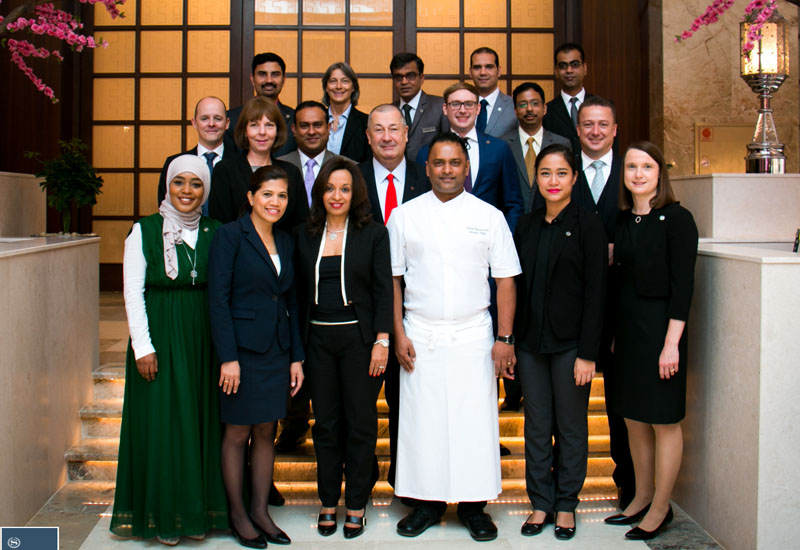The Omani F&B sector is desperately trying to figure out the reason behind high prices of ingredients offered to them by local suppliers.
Ingredients produced in Oman can be purchased for cheaper in neighbouring countries than in the local market itself.
Sheraton Oman executive chef Neeraj Pyaneeandee told Hotelier Middle East in an exclusive interview. “I do integrate a lot of local products but to be honest local produce is a lot more expensive because it is made for export. So the same products they sell in the Oman are more expensive than what they sell in the UAE,” he said.

| Advertisement |
Pyaneeandee worked in two Dubai-based Address properties for almost a decade. He added: “A pallet of mushrooms which costs AED 9 (US $ 2.45) in the UAE costs about OMR 1.2 ($ 3.12) in Oman.
“So the product is more expensive in the local market even though the product is grown and harvested here. These are the kind of challenges we are facing.”
The situation has left the Mauritian-born chef nonplussed. “I don’t really know the reason. I constantly ask the suppliers the same question ‘why is an Omani lobster more expensive here than it is in Dubai?’. And frankly I don’t have an answer yet.”
Pyaneeandee is hoping that the authorities can develop a well-defined logistics chain for inbound distribution and sale of produce.
The Sheraton Oman re-opened in late 2016 following a decade long refurb.
Read the full detailed interview in the upcoming issue of Hotelier Middle East.









 Search our database of more than 2,700 industry companies
Search our database of more than 2,700 industry companies









